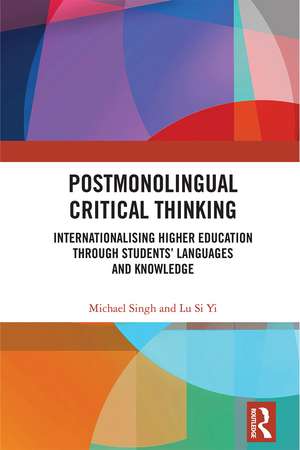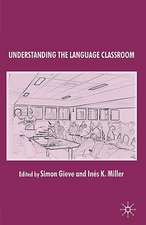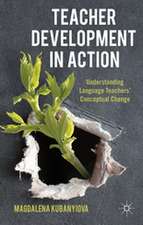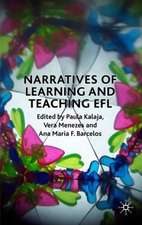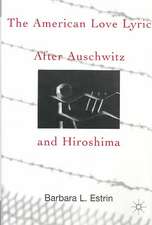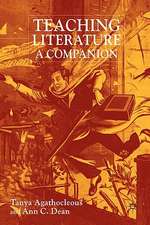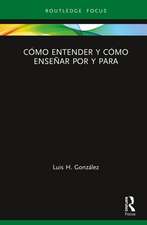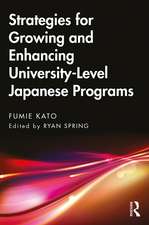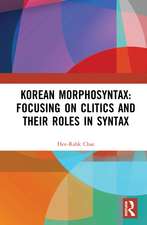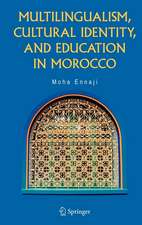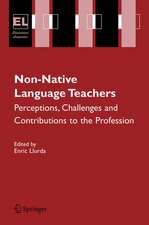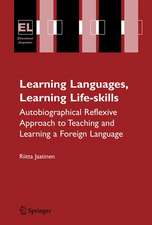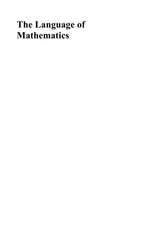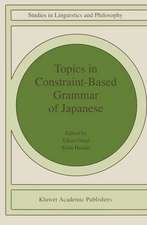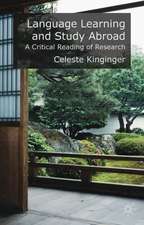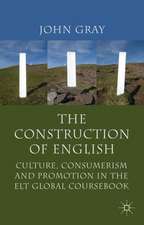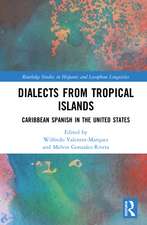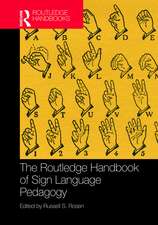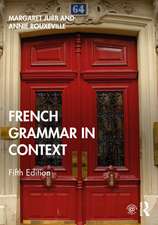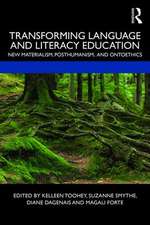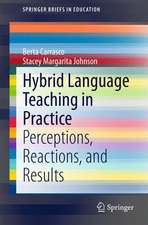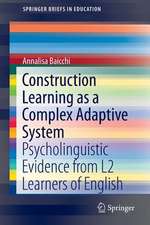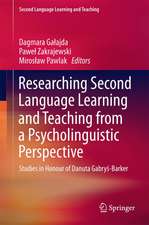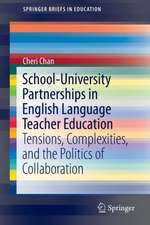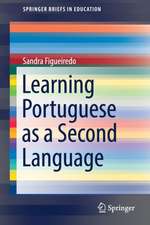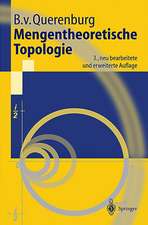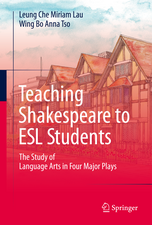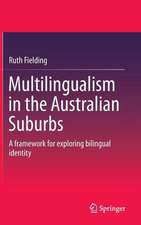Postmonolingual Critical Thinking: Internationalising Higher Education Through Students’ Languages and Knowledge
Autor Michael Singh, Si Yi Luen Limba Engleză Paperback – 13 dec 2021
Proposing to broaden the scope of languages used for knowledge production and dissemination, this book highlights the educational potential of multilingualism. Postmonolingual Critical Thinking makes a unique proposal: that universities which recruit doctoral students from Asia create education policy practices that enable them to extend their multilingual capabilities. Arguing that by drawing on intellectual resources from their various languages, students construct knowledge of critical thinking in complex, interesting and potentially innovative ways, this book guides higher education institutions in putting this into practice. It outlines a pragmatic approach for universities to explore the potential of multipolar, multilingual education, while being attentive to the tensions posed by assertions of a monolingual mindset.
Postmonolingual Critical Thinking has the potential to create great change in a higher education sector which is mired by a monolingual approach to graduate training. This unique and thought-provoking book is essential reading for those in the fields of applied linguistics, comparative education, higher education, international studies, teacher education and translation studies.
| Toate formatele și edițiile | Preț | Express |
|---|---|---|
| Paperback (1) | 364.73 lei 6-8 săpt. | |
| Taylor & Francis – 13 dec 2021 | 364.73 lei 6-8 săpt. | |
| Hardback (1) | 766.66 lei 6-8 săpt. | |
| Taylor & Francis – 27 apr 2020 | 766.66 lei 6-8 săpt. |
Preț: 364.73 lei
Nou
Puncte Express: 547
Preț estimativ în valută:
69.82€ • 71.81$ • 57.93£
69.82€ • 71.81$ • 57.93£
Carte tipărită la comandă
Livrare economică 20 februarie-06 martie
Preluare comenzi: 021 569.72.76
Specificații
ISBN-13: 9781032236735
ISBN-10: 1032236736
Pagini: 232
Ilustrații: 1 Illustrations, black and white
Dimensiuni: 156 x 234 x 12 mm
Greutate: 0.33 kg
Ediția:1
Editura: Taylor & Francis
Colecția Routledge
Locul publicării:Oxford, United Kingdom
ISBN-10: 1032236736
Pagini: 232
Ilustrații: 1 Illustrations, black and white
Dimensiuni: 156 x 234 x 12 mm
Greutate: 0.33 kg
Ediția:1
Editura: Taylor & Francis
Colecția Routledge
Locul publicării:Oxford, United Kingdom
Public țintă
Postgraduate and ProfessionalCuprins
Chapter 1. Post Monolingual Critical Thinking: Multilingual/Monolingual Tensions. Chapter 2: Thinking Critically About Assumptions in the Literature. Chapter 3: Presuppositions about Postmonolingual Critical Thinking. Chapter 4: Pedagogically Engaging Students’ Prior Critical Thinking. Chapter 5: Students’ Rules for Postmonolingual Critical Thinking. Chapter 6: Reconstructing Postmonolingual Critical Thinking though Popular Culture. Chapter 7: Open-ended Postmonolingual Critical Thinking about the Business of Education. Chapter 8: Intercultural Self-Confidence through Postmonolingual Critical Thinking. Chapter 9: Lessons in Postmonolingual Critical Thinking.
Notă biografică
Michael Singh is Professor at the Centre for Educational Research, Western Sydney University, Australia
Lu Si Yi (¿¿¿) is a Lecturer in Language Education at the School of Applied Foreign Languages, Zhejiang International Students University, People’s Republic of China.
Lu Si Yi (¿¿¿) is a Lecturer in Language Education at the School of Applied Foreign Languages, Zhejiang International Students University, People’s Republic of China.
Descriere
This ground-breaking work calls into question the exclusive use of academic English in internationalising higher education teaching and research, arguing that academically literate students can capably use their repertoires of languages-and-knowledge for educational purposes.
